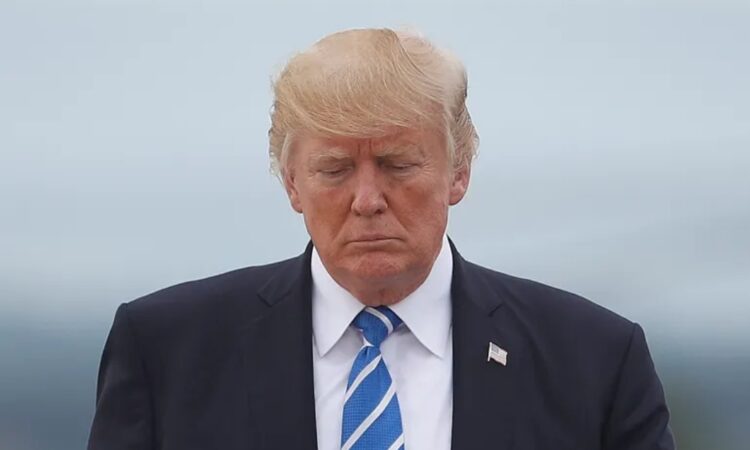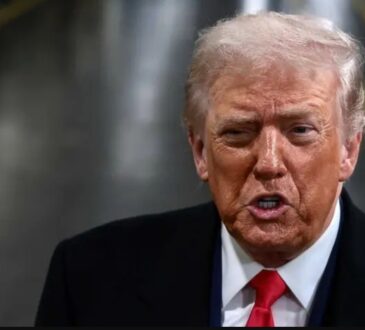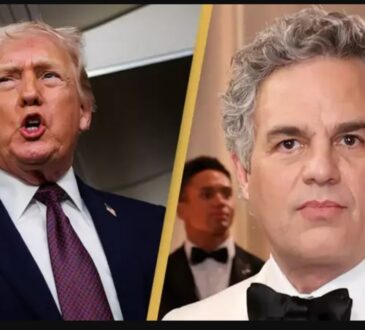
Deficits, or when the government spends more money than it earns, are expected to keep growing in the future. Despite this, Trump wants to cut taxes even more—by trillions of dollars. He claims he will cut government spending to make up for the tax cuts, but many experts say this isn’t realistic.
Jeffrey Gundlach, a financial expert, recently explained in The Economist that when a country takes on too much debt, it can create a serious problem. The government has to borrow more and more money just to pay the interest on the debt it already owes.
Eventually, this creates a dangerous cycle that is hard to escape. Unlike Becky Sharp, a clever character in William Thackeray’s novel, the U.S. won’t be able to easily manage its debts or creditors.
But here’s what many people overlook: the financial markets, sometimes called the “Fifth Estate.” These markets act as a kind of watchdog. Long before the government’s debt becomes unmanageable, the markets will step in and send warnings.
For example, if Trump and Republicans focus on cutting taxes without reducing government spending, the markets will react strongly. The value of government bonds will drop.
Markets also respond to major political decisions or crises. If Trump makes extreme moves, like attempting to invade Greenland or starting a big trade war with China or Europe, the markets will react negatively.
Stocks could fall, and investors might lose confidence. History gives us an example: when the Bush-Cheney administration decided to invade Iraq, the stock market downturn that began in 2000 lasted an extra six months.
Global instability and tensions make businesses nervous. Companies don’t want to take risks and invest. Banks become cautious about lending money. Shoppers also spend less, which hurts the economy.
This doesn’t mean the markets won’t experience ups and downs—they will. But the financial markets play an important role in correcting extreme actions, whether those actions are overly optimistic (like Trump’s tax cuts) or overly fearful (like some critics’ reactions).
Even if Donald Trump has control over Congress, the courts, and the presidency, he doesn’t have control over the financial markets—the “Fifth Estate.” They operate independently and will respond to bad decisions in ways that can’t be ignored.




